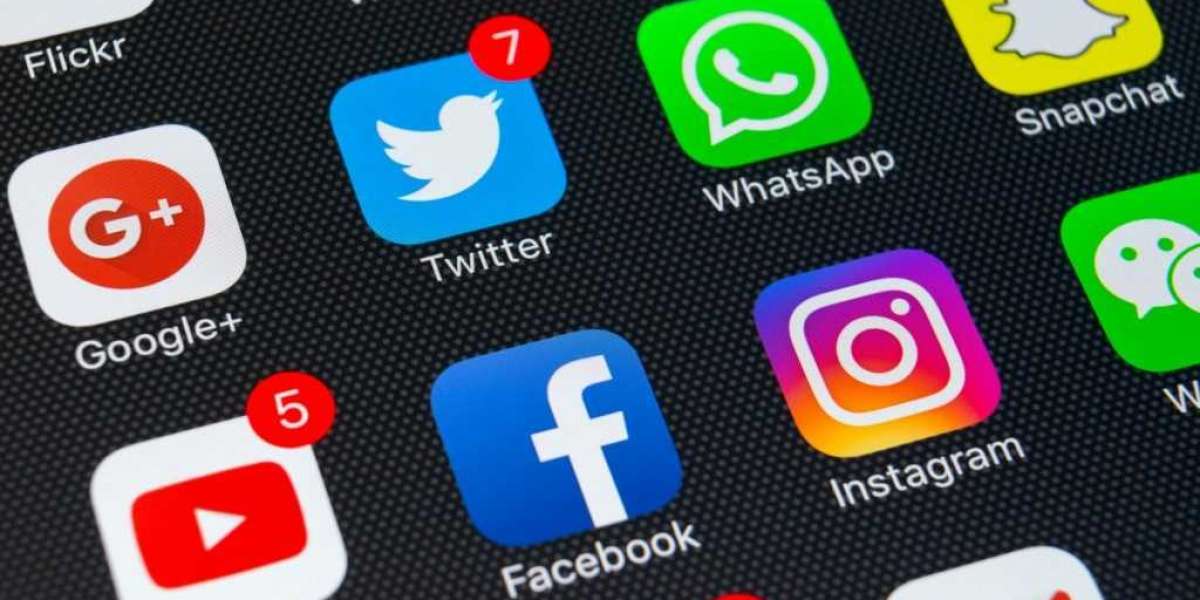Social media has become an integral part of our daily lives. It has made communication, connection, and sharing of information more accessible and more comfortable than ever before. However, the impact of social media on young minds is a topic of concern, with a growing body of research suggesting that it can have significant effects on mental health, self-esteem, and social behavior.
Here are some of the ways in which social media can affect young minds:
Social Comparison: Social media can create an environment where young people constantly compare themselves to others. This can lead to feelings of inadequacy and low self-esteem, as they compare their lives to the carefully curated and often idealized lives of others on social media. This can also lead to negative thoughts and emotions, such as jealousy and envy.
Cyberbullying: Social media provides a platform for cyberbullying, which can be incredibly damaging to the mental health and well-being of young people. Cyberbullying can take many forms, including harassment, threats, and spreading of rumors. Victims of cyberbullying can experience a range of negative emotions, including anxiety, depression, and even suicidal thoughts.
Sleep Disturbance: Young people can be especially vulnerable to the impact of social media on sleep, as they often spend a significant amount of time online. Social media use can disrupt the sleep cycle, making it difficult to fall asleep and stay asleep. This can lead to sleep deprivation, which can have a significant impact on mental health and cognitive function.
Addiction: Social media can be addictive, and young people can be especially susceptible to its addictive properties. Social media can activate the reward centers in the brain, leading to the release of dopamine, a neurotransmitter associated with pleasure and reward. Overuse of social media can lead to addiction, which can have a significant impact on mental health and well-being.
Inaccurate Information: Social media can also be a source of misinformation and fake news. Young people can be especially vulnerable to this, as they often lack the critical thinking skills needed to differentiate between accurate and inaccurate information. Exposure to inaccurate information can have a negative impact on mental health and can lead to confusion, anxiety, and fear.
Despite these concerns, social media can also have positive effects on young minds, such as:
Connection: Social media can help young people connect with others who share similar interests and experiences. This can lead to a sense of community and belonging, which can have a positive impact on mental health and well-being.
Creativity: Social media provides a platform for young people to express themselves and showcase their creativity. This can lead to a sense of accomplishment and pride, which can boost self-esteem and confidence.
Information: Social media can be an excellent source of information, connecting young people with news, events, and educational resources.
Support: Social media can provide a support network for young people who may be struggling with mental health issues. Online support groups and forums can provide a safe space for young people to share their experiences and connect with others.
In conclusion, social media can have both positive and negative effects on young minds. While it can provide a means of connection, creativity, and information, it can also lead to social comparison, cyberbullying, addiction, and exposure to inaccurate information. It is essential for young people to use social media in a responsible and healthy way, with parents, educators, and mental health professionals playing a crucial role in helping young people navigate the complex world of social media.







